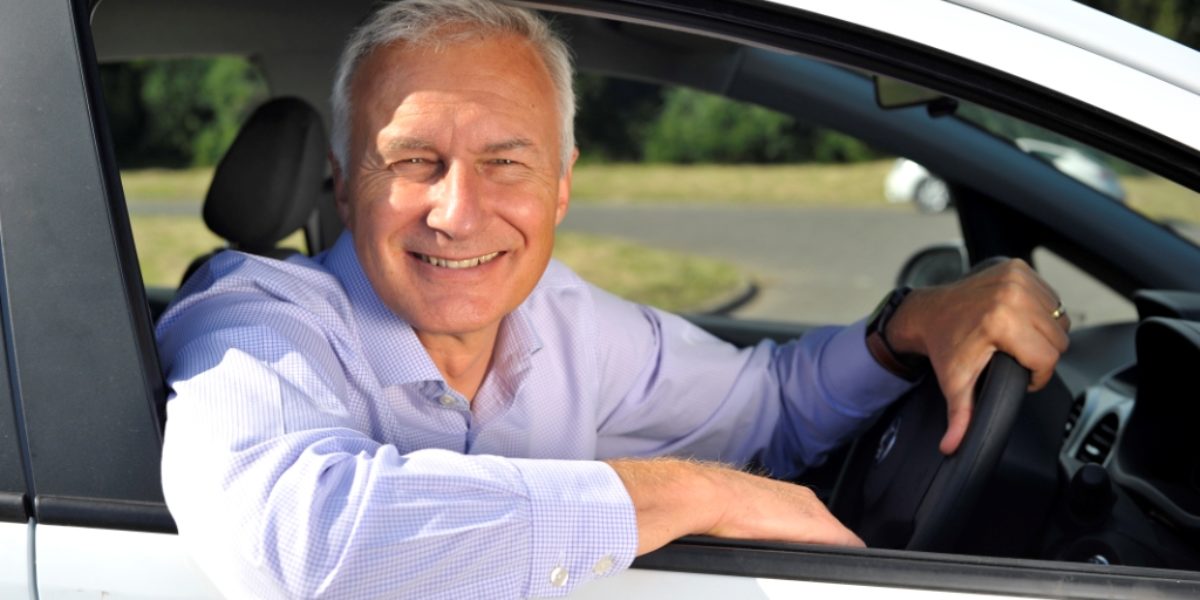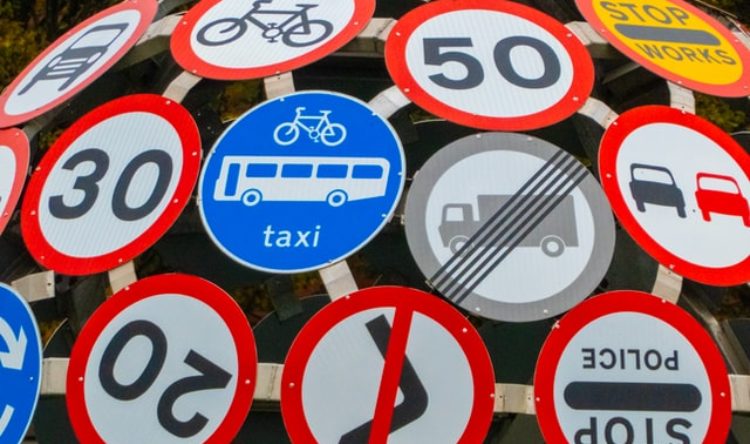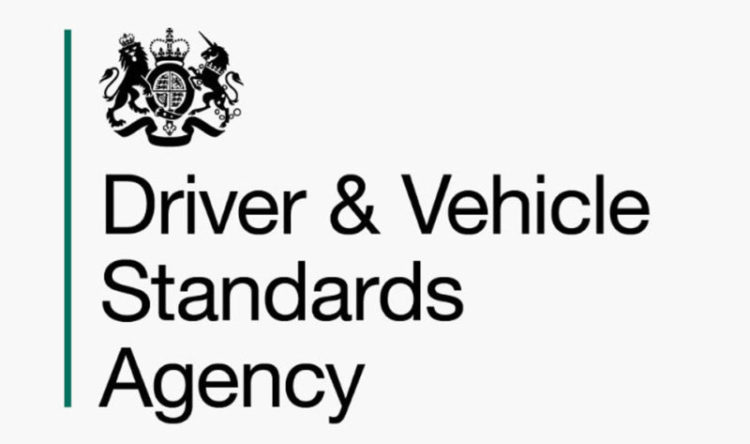Ian McIntosh
Chief Executive of Red Driving School, winners of FirstCar's National Franchise of the year tells us why he's REDy and Willing
I’ve always been a petrol head… at 18 I took up rally driving, which included many hours’ building and repairing cars. My passion for cars culminated in my running a Porsche 997 for four years, the realisation of a boyhood dream. I have to admit that I’m more taken with motorbikes now.
Learning to drive’s very different today… I learnt on campsites and airfields, taking my test at 17 years and 5 days! Okay I failed, but I passed second time just three weeks later. All in all, I had about five lessons with an instructor and a few hours with my mother. I think that would be impossible to contemplate today – learning to drive is a much more complex challenge.
Passing my bike test made me happy beyond comprehension… a three – day intensive course in 1995, and massively stressful because I so wanted to pass. I took my test in the Nottingham rush hour; it was pouring with rain, but passing made me happy beyond sensible comprehension! And I guess that is one of the highlights of being in this industry, being a driving instructor, it’s the joy and happiness that we can bring to our pupils when they pass their test – there really is no feeling like it.
My previous career was largely involved with food… I literally travelled the world, running a $1 billion vegetable oil business. Mexico was particularly memorable, getting caught up in a shoot-out between the police and a drugs cartel and, suffice to say, I was delighted that our car was bullet proof!
The number of independent instructors amazes me… it underlines just how important the attraction of being self-employed is, and the perceived freedom that brings. As someone with a corporate background, I really admire all those people going it alone I am still surprised just what incredible value for money driver training is… imagine hiring a taxi for an hour’s journey. Average lesson prices are, in reality, far too low, driven in part by the skewed competitive market forces. Prices have risen in recent years, and I believe this will continue.
There is far more to this business than people realise… we teach people to drive, which is complicated enough. Young people organise their diaries 24/7, and as a hard working instructor it’s hard to provide the service that these modern day customers expect. So, behind the scenes there is marketing, IT, customer service and so forth, so running a driving school, let alone a national franchise driving school, is no walk in the park.
Driver training could be better… but I think if we look at this from a global perspective, the UK does pretty well. A major challenge is ‘helping’ the young driver to stay safe, and I think this is where we could take a look at some of the methods used in other countries. Although we pride ourselves on freedom, young or new drivers may have to have restrictions placed on their licences until they have gained sufficient experience. Some young people feel invincible and can be over-confident, and I think it is inevitable that some form of graduated licencing will be introduced. It is important though that such restrictions or not overly draconian and must be balanced against the mobility and freedom new and young drivers require. Driving tuition should be developed to compliment any restrictions to incorporate defensive driving and risk management.
I think the current ‘L’ test is adequate… it’s an entry level test. We all know that the real-life learning continues once we are out on the road gaining experience. Perhaps young drivers and the newly qualified might benefit from a carefully considered graduated licence programme so that risks can be minimised as that crucial real world experience is gained (and frontal lobes develop!).
Being a franchisee is not for everyone… if you want the freedom of being self-employed and the support of the powerful brand behind you, being in a large national school absolutely makes economic sense. From a customer perspective, if you don’t have a personal recommendation, how would you select a driving instructor? The public trust recognised brands. The FirstCar Awards are a boost to the whole industry…independent and qualified recognition boost the professionalism and the recognition that all good ADIs deserve and should expect from the society they serve so well. The more they are supported, the better for everyone and we all win. It’s great to be a winner!
Road design has had the single biggest effect on road safety… as a biker, I try to ride very defensively – it basically means assuming someone else is going to make a mistake that endangers my life. I try to anticipate the possible actions of others all the time I am riding, and the place I am most focused is when I’m at or approaching junctions. If we can better design junctions specifically to minimise the risk of collision, we can make it safer for everyone. In the meantime, we should strive to impress upon new drivers that safe, courteous driving is cool.
Technology changes our world… we all have to adapt and make the best use of new developments. As engineers continue to deliver amazing driver aids, new skills will need to be taught to new and existing drivers.
My Porsche 997 4S was the realisation of dream… but I loved my ’72 MGB Roadster, even though I seemed to have it in bits trying to fix it more than I drove it.
Driving the Pan-American highway is on my ‘bucket list’… from the north of Alaska to the tip of South America. Its 17,000 miles, so I won’t be doing it anytime soon but, when I do, it will be on my BMW R1200 GS Adventure.






